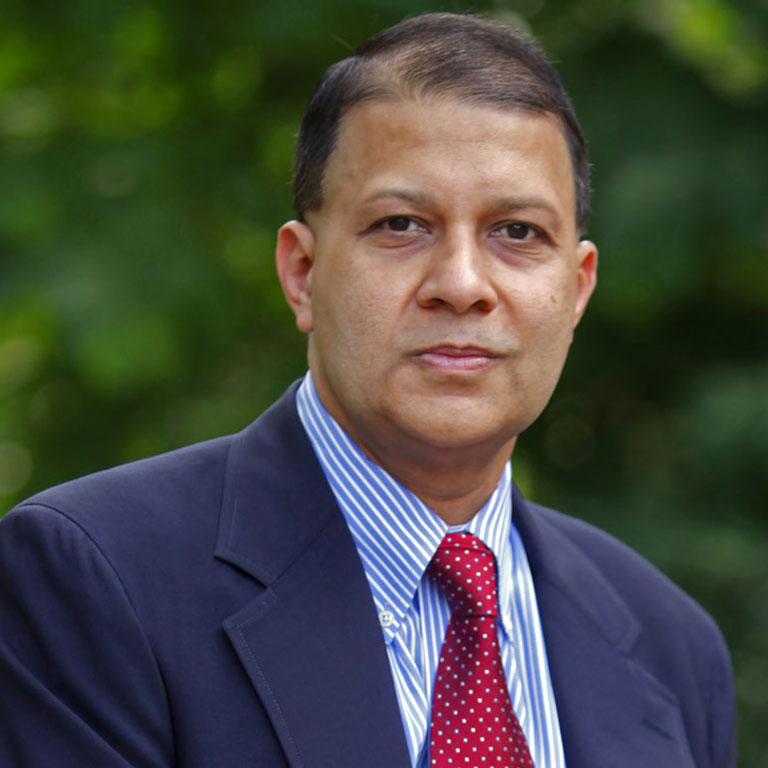- Ph.D., Harvard University, 1991
- B.A., Columbia University, 1985

Jamsheed Choksy
Distinguished Professor, Central Eurasian Studies
Interim Chair, Central Eurasian Studies
Director, Inner Asian and Uralic National Resource Center
Former Chair, Central Eurasian Studies
Former Chair, Near Eastern Languages and Cultures
Former Director, Middle East Program
Adjunct Distinguished Professor, Religious Studies
Adjunct Distinguished Professor, Ancient Studies
Adjunct Distinguished Professor, India Studies
Adjunct Distinguished Professor, Medieval Studies
Advisory Board Chair, Center for the Languages of the Central Asia Region (Title VI Center)
Advisory Board Member, Center for the Study of the Middle East (Title VI Center)
 The College of Arts
The College of Arts